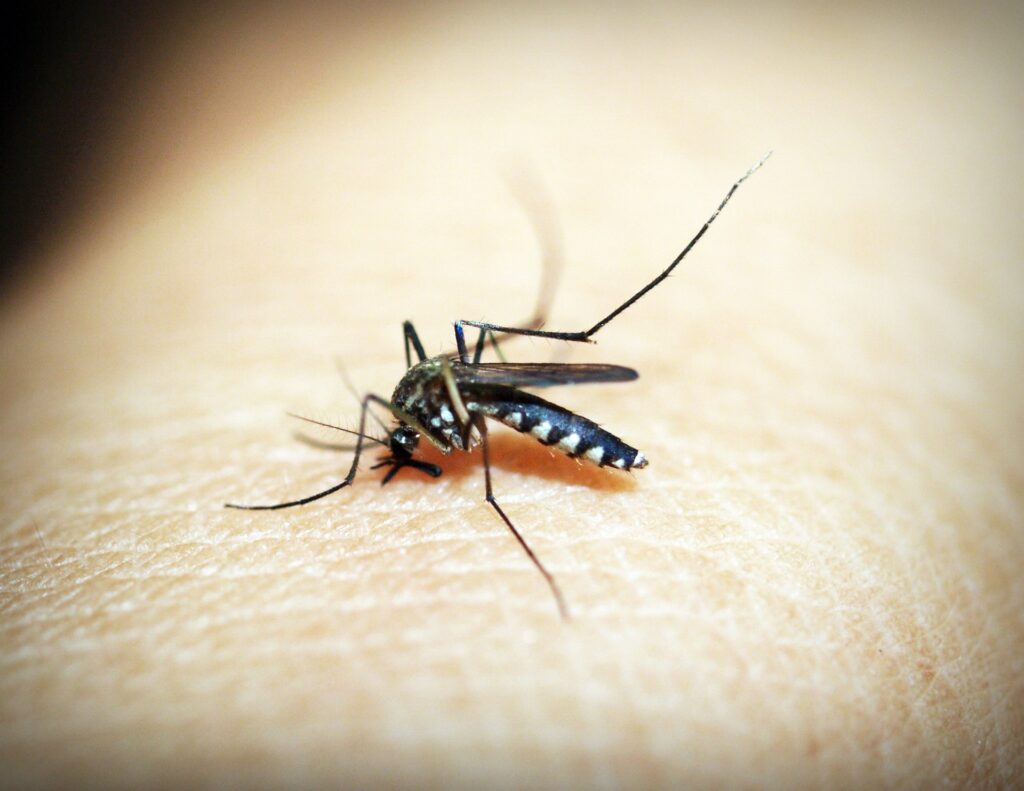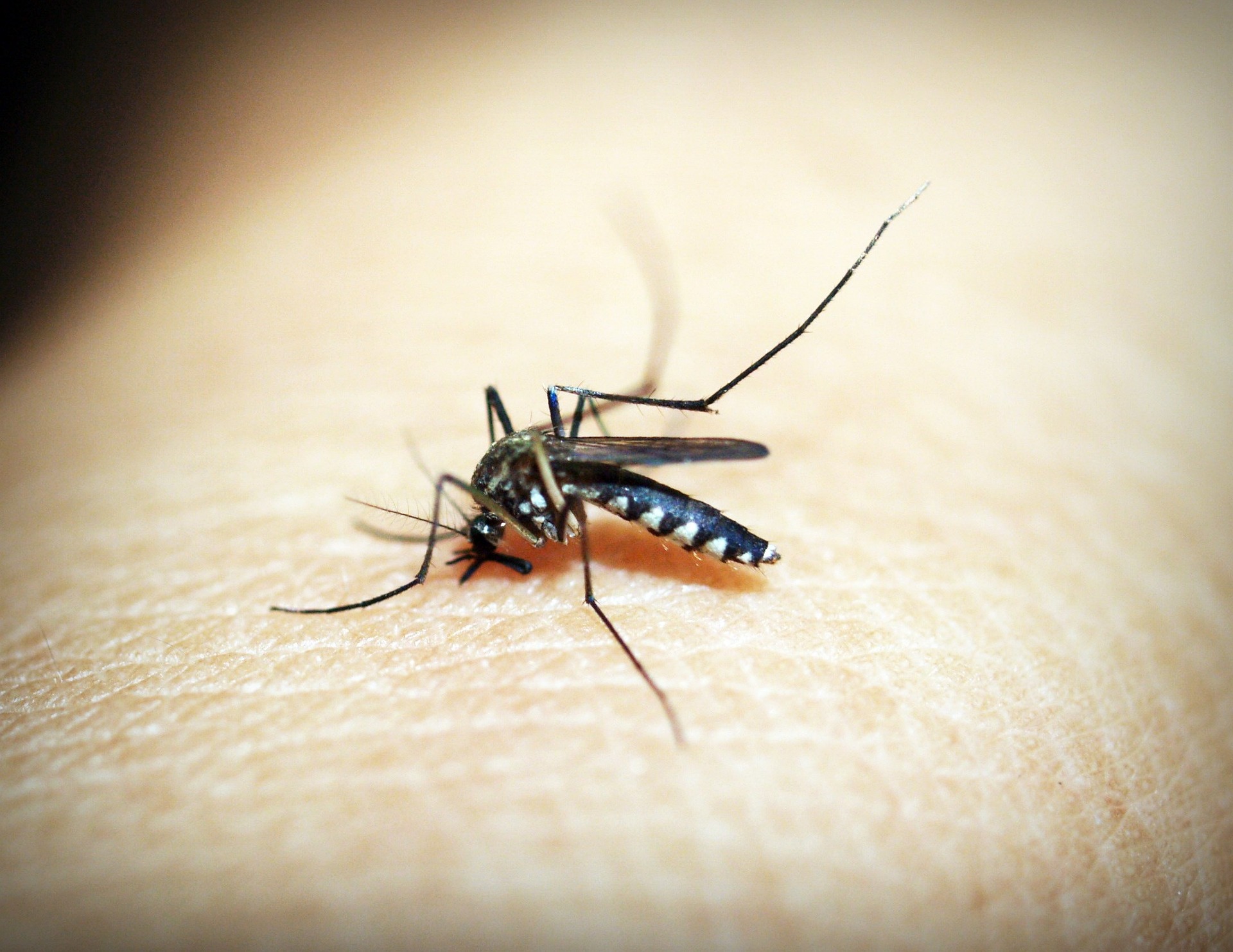
High Fever
One of the hallmark symptoms of dengue fever is a sudden onset of high fever. This fever can reach temperatures as high as 104°F (40°C) and typically lasts for several days. It’s essential to monitor your body temperature if you suspect dengue.
Severe Headache
Intense headaches are a common symptom of dengue. The pain is often described as severe and is usually concentrated around the forehead and behind the eyes. These headaches can be debilitating and are often accompanied by sensitivity to light.
Joint and Muscle Pain
Dengue fever is often referred to as “breakbone fever” due to the severe joint and muscle pain it causes. This pain can be excruciating, making even simple movements uncomfortable. It may feel as if your bones and muscles are aching.
Rash
A rash can develop a few days after the onset of fever. This rash is typically maculopapular, which means it consists of small, red, raised spots. It usually appears on the arms, legs, and chest. The rash may be itchy and is a key indicator of dengue.
Bleeding and Bruising
In some cases, dengue fever can lead to bleeding and bruising. This may manifest as nosebleeds, gum bleeding, or easy bruising. If you notice any unusual bleeding, it’s essential to seek medical attention promptly.
Nausea and Vomiting
Nausea and vomiting are common gastrointestinal symptoms of dengue. These symptoms can contribute to dehydration, which is a concern in dengue cases. Maintaining hydration is crucial during the illness.
Fatigue
Dengue fever can cause extreme fatigue and weakness, which may persist for several weeks even after the acute phase of the illness has passed. It’s essential to get plenty of rest to aid in recovery.
Mild to Severe Symptoms
It’s important to note that dengue symptoms can range from mild to severe. In some cases, the disease can progress to severe dengue, which can be life-threatening. Warning signs of severe dengue include severe abdominal pain, persistent vomiting, rapid breathing, and bleeding.
Frequently Asked Questions
Is Dengue Contagious?
No, dengue is not directly contagious from person to person. It is primarily transmitted through the bite of infected Aedes mosquitoes.
How is Dengue Diagnosed?
Dengue is diagnosed through blood tests, including the detection of the dengue virus or antibodies in the blood.
Are There Different Types of Dengue Virus?
Yes, there are four different types of dengue virus (DEN-1, DEN-2, DEN-3, DEN-4). Infection with one type provides immunity to that specific type but does not protect against the others.
Can Dengue Be Prevented?
Yes, dengue can be prevented by reducing mosquito exposure. Use mosquito repellents, wear protective clothing, and eliminate mosquito breeding sites around your home.
Is There a Vaccine for Dengue?
Yes, there are dengue vaccines available in some regions. Consult with your healthcare provider to determine if vaccination is recommended for you.
What Should I Do If I Suspect Dengue Fever?
If you suspect you have dengue fever, seek medical attention immediately. Early diagnosis and management are crucial for a better outcome.
Conclusion
Being aware of the signs and symptoms of dengue fever is essential, especially if you live in regions where the disease is prevalent. Recognizing these indicators early can lead to prompt medical intervention and a smoother recovery. If you experience any of the symptoms mentioned above, consult with a healthcare professional to determine the appropriate course of action and ensure your well-being.
Also Read Dengue Treatment: A Holistic Approach

